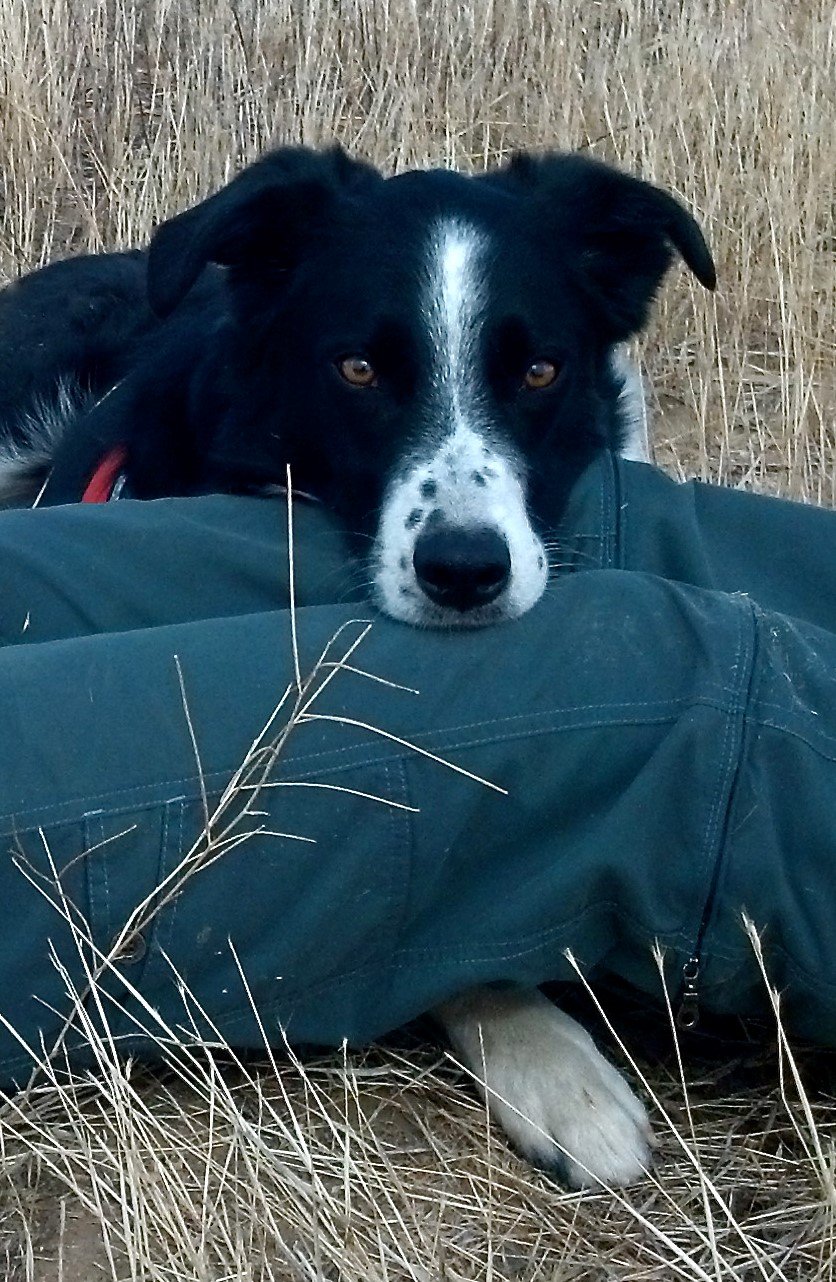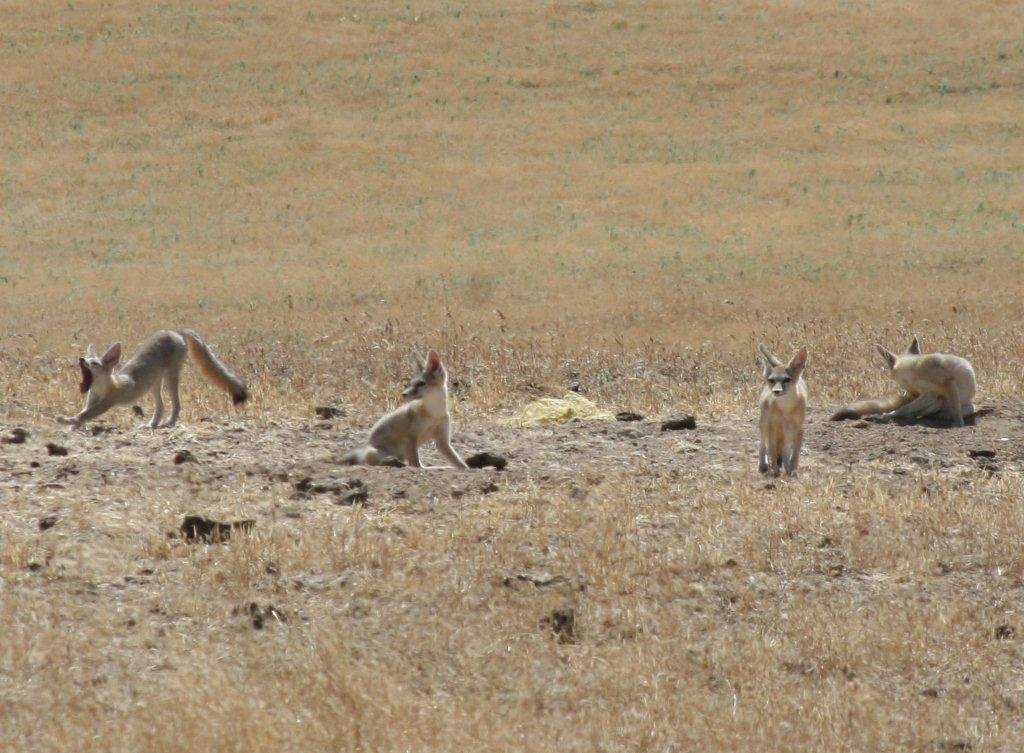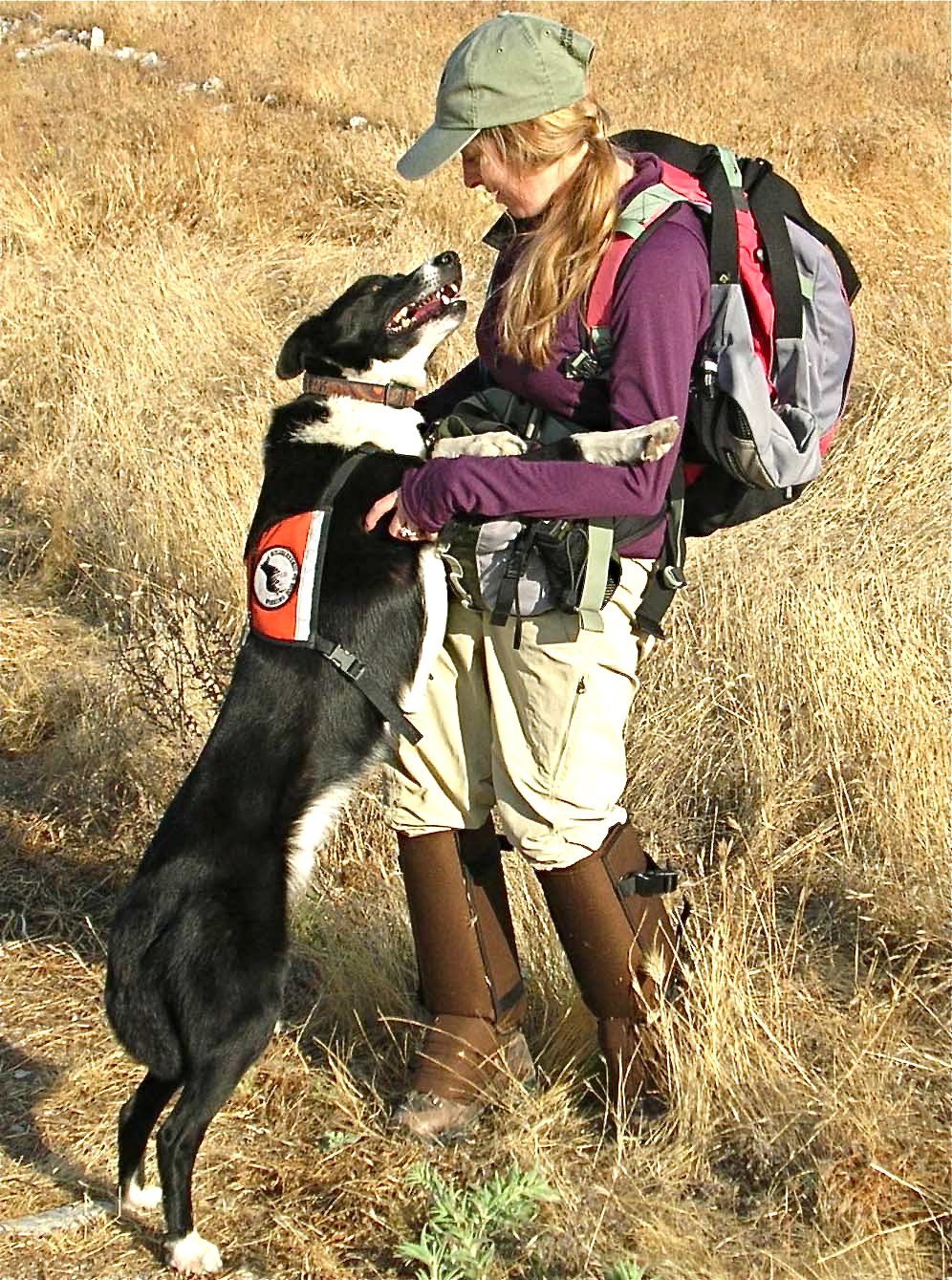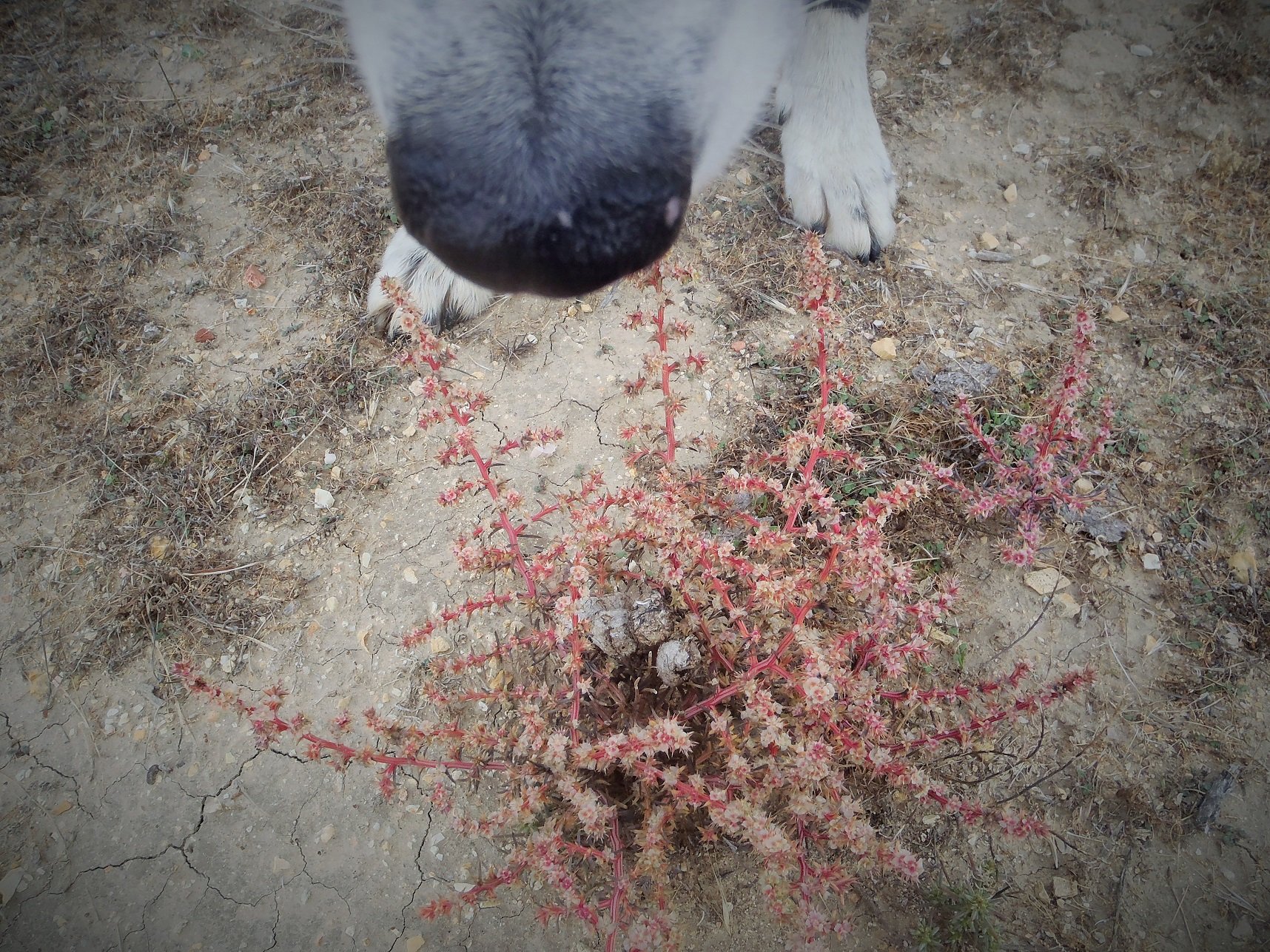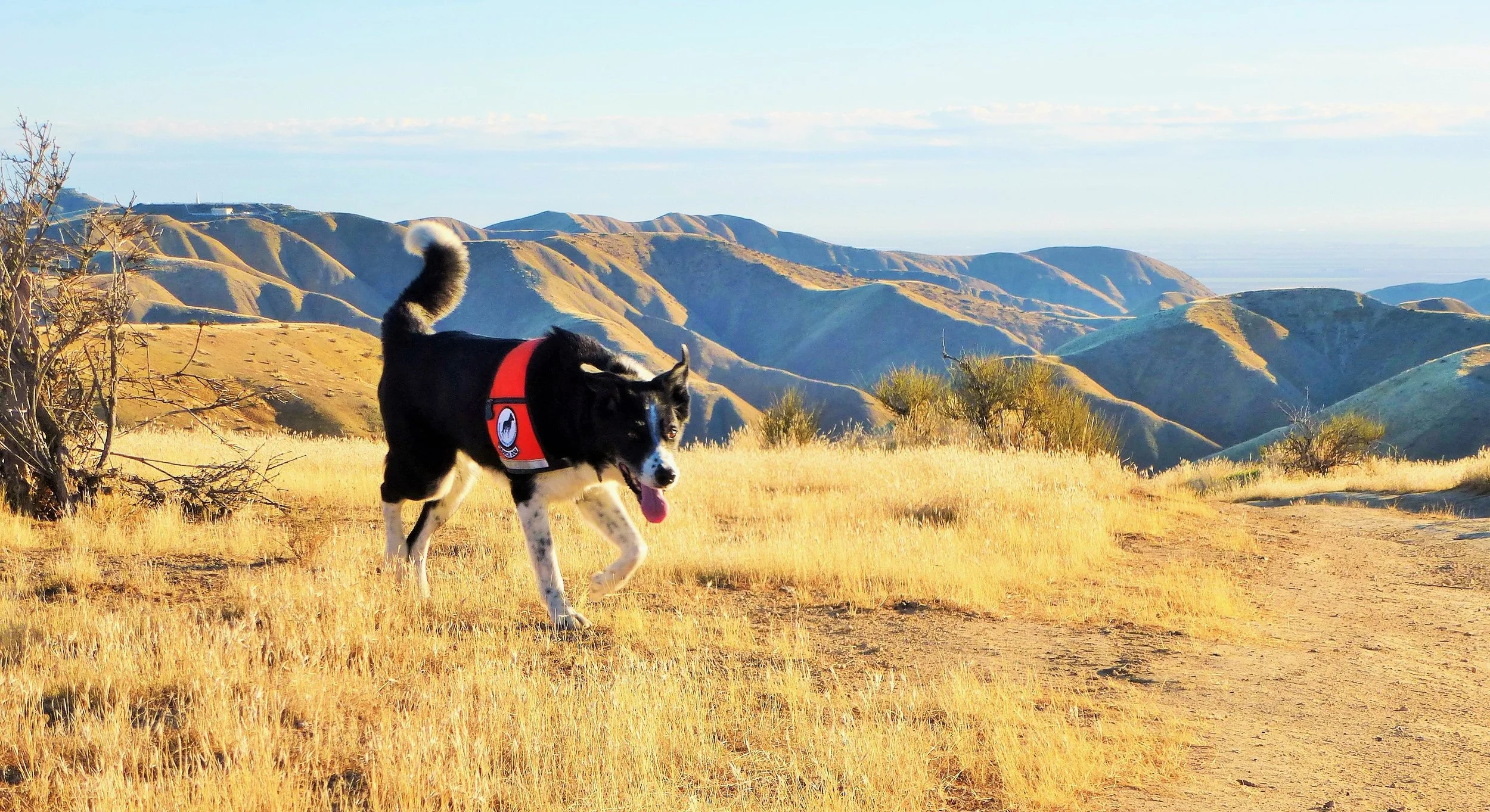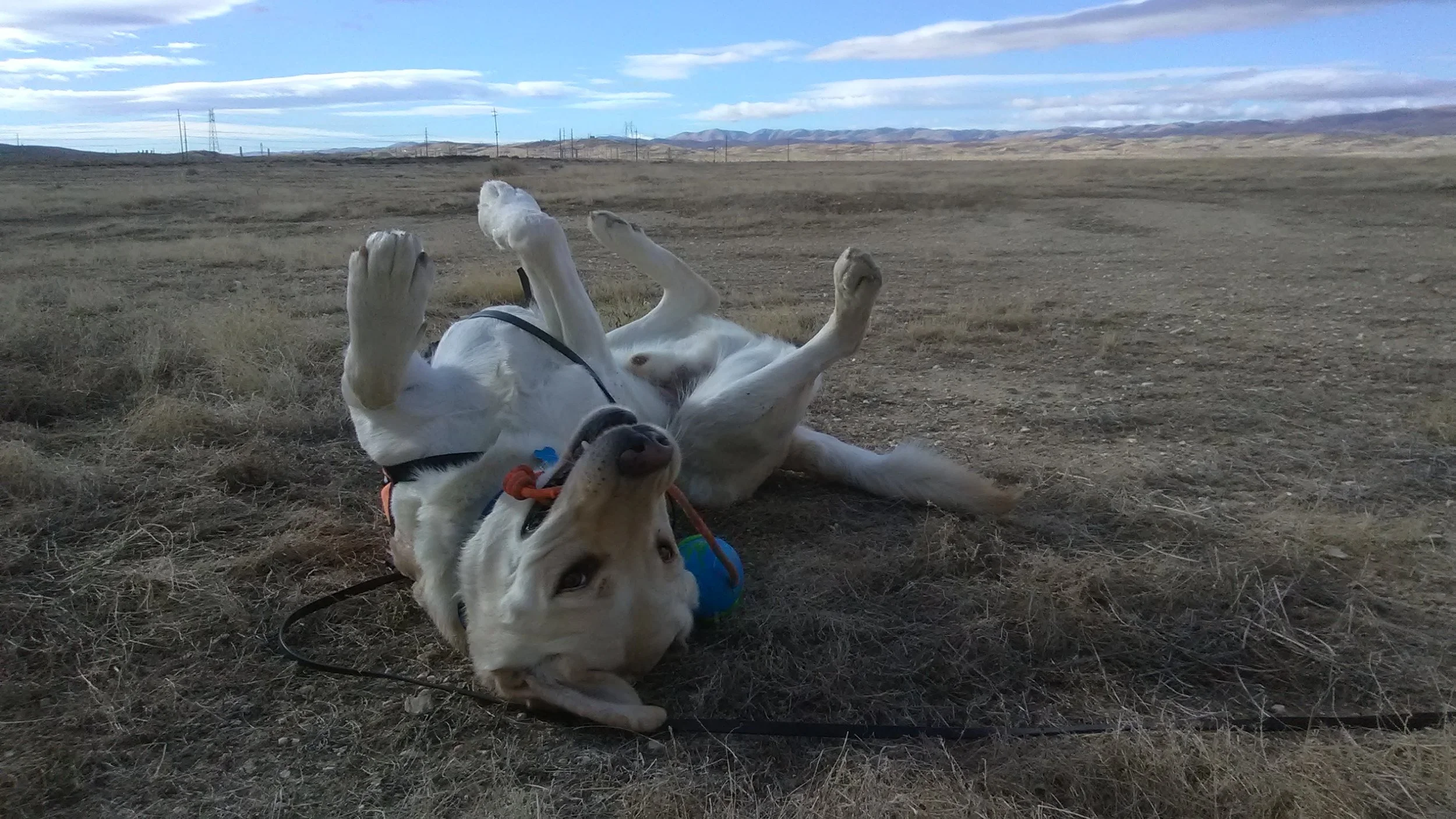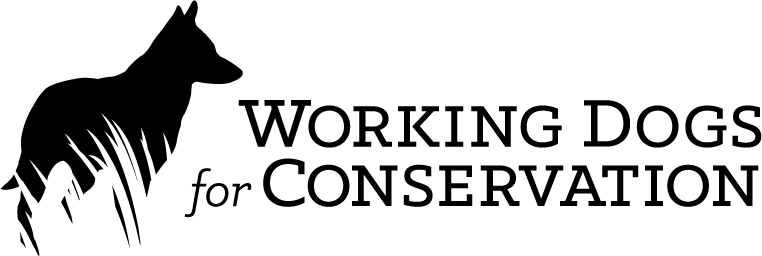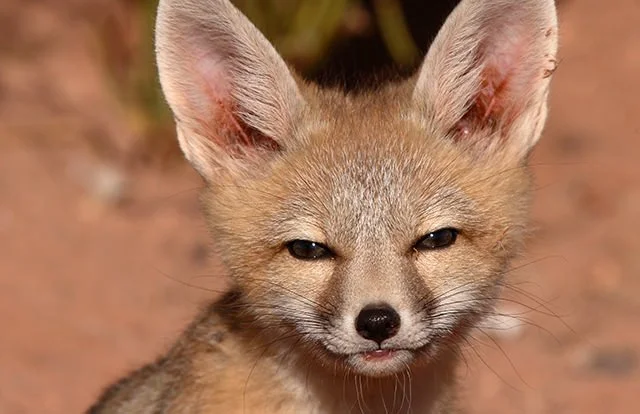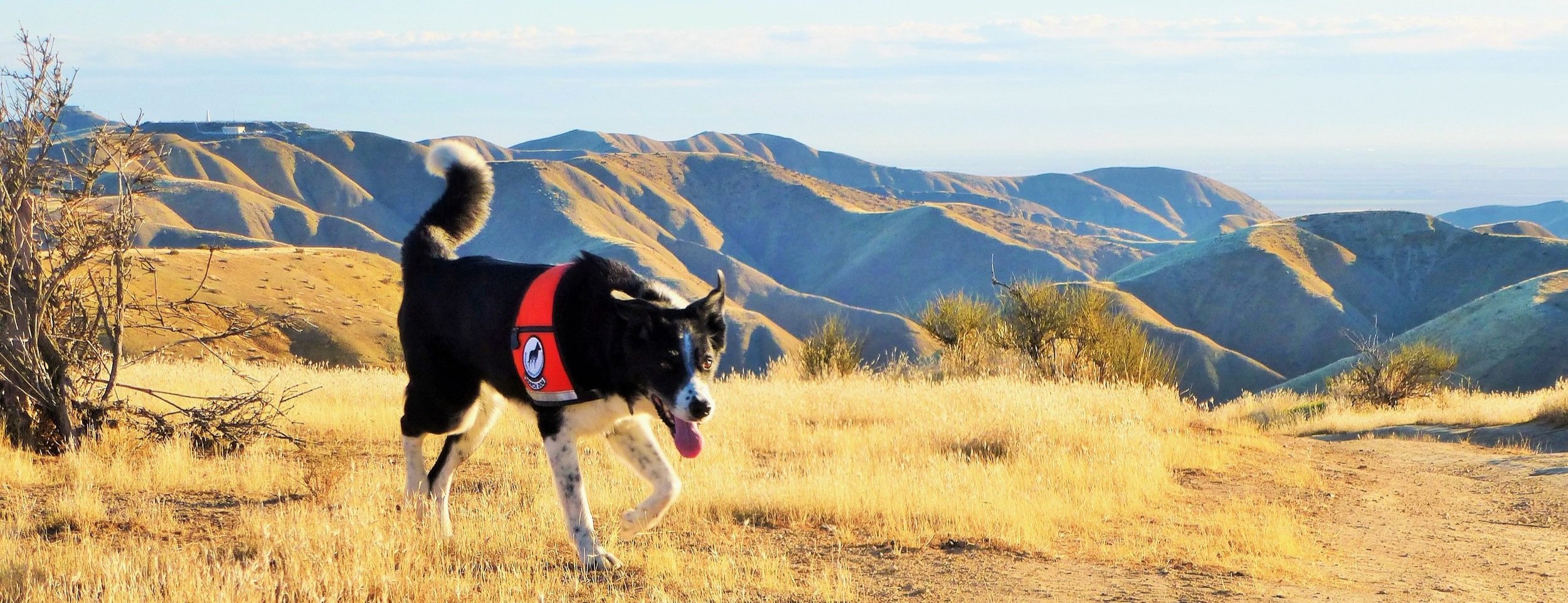
OUR WORK: ECOLOGICAL MONITORING
Endangered Kit Fox Project
-
San Joaquin Valley of Central California, USA
-
To gather critical data to help protect the San Joaquin kit fox
-
scat of the San Joaquin kit fox
-
Bureau of Land Management, Smithsonian Conservation Biology Institute (SCBI), Althouse and Meade, Inc., Topaz Solar Farms, LLC
Among other accomplishments, applying data collected by our dogs, the Bureau of Land Management Central Coast Field Office was able to leverage millions of dollars of funding to purchase thousands of acres of land for permanent protection in the Ciervo-Panoche Natural Area of California.
The San Joaquin kit fox is a federally protected species, at continued risk due to habitat loss and fragmentation, as well as the effects of pesticides and rodenticides used to combat pests that make up the predominant bulk of their diet. Working Dogs for Conservation (WD4C) has worked on over 50 different individual projects over 22 years, helping to expand the body of research to better understand and protect this species. Our conservation canines are trained to detect the scat of the San Joaquin kit fox, which is then sent in for analysis and genetic testing.
Over the years, our dogs have located hundreds of thousands of samples, greatly contributing to a growing bank of knowledge and genetic information in collaboration with our trusted research partners. We have worked on projects ranging from studying secondary toxicity related to rodenticides, to measuring the impacts of industry, to better understanding utilization of their habitat and range. Our work has contributed to key publications, including those on distribution, fine-scale subdivision, and population size in core areas. We've also assisted with non-invasive baseline genetic monitoring on a photovoltaic solar facility.
Our history with this work has not only been long-lasting and impactful, but also sentimental. This was some of our very first scat scent target work, ground-breaking at the time, and helped shape us into who we are today. We've since trained over 20 dogs to this target and are proud to have mentored an entire second generation of conservation professionals through this work.
We are grateful for the continued support of our community and partners in helping to protect this incredible species and the habitat and resources they depend on.
